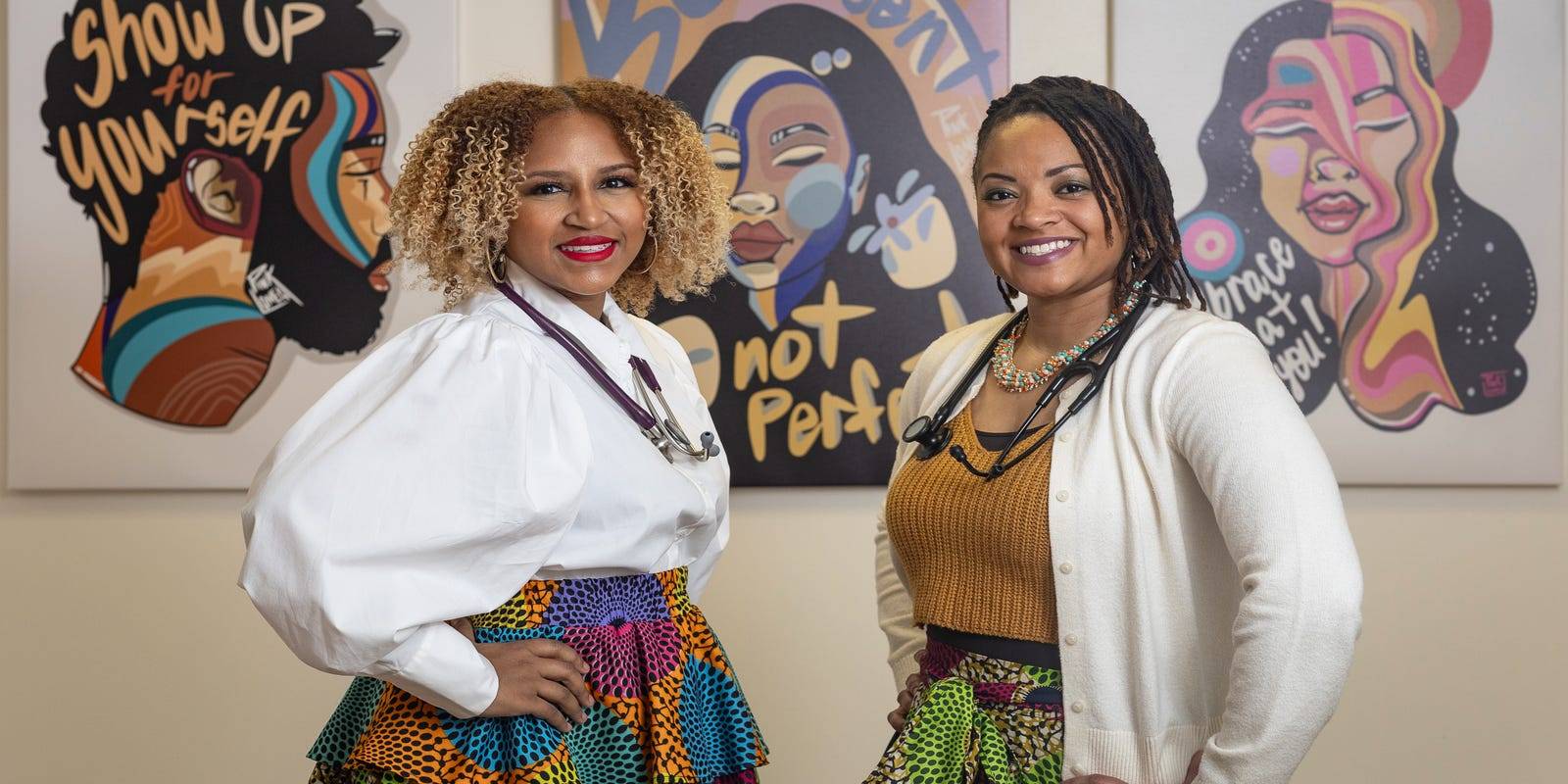Maria had always been an active and energetic woman, balancing her work and family life with ease. But when persistent lower back pain began interfering with her daily routine, she found herself stuck in a frustrating loop of doctor visits, inconclusive tests, and ineffective treatments. Despite her repeated efforts to seek help, she felt unheard—her concerns dismissed as minor or exaggerated. It wasn’t until she encountered a healthcare provider who truly listened, understood her cultural perspective, and spoke her language fluently that she finally felt seen. With a tailored approach that incorporated both Western medicine and aspects of her traditional healing practices, Maria’s path to recovery began, restoring not just her health but also her faith in the medical system.
The Importance of Culturally Competent Healthcare
Her experience underscores the critical role of culturally competent healthcare, a framework designed to bridge the gap between diverse patient populations and the medical professionals who serve them. This approach goes beyond basic awareness, demanding a continuous learning process that equips healthcare providers with the tools to interact effectively across cultural boundaries. At its core, cultural competence involves recognizing and respecting patients’ unique values, beliefs, and behaviors, ensuring that care is both accessible and responsive to their needs.
Key Strategies for Implementing Culturally Competent Care
Implementing culturally competent care requires intentional strategies tailored to diverse communities:
1. Providing Interpreter Services
Offering interpreter services is essential in medical settings where language barriers can lead to misdiagnoses or inadequate treatment plans.
2. Diversifying the Workforce
Healthcare institutions must actively recruit and retain a workforce that reflects the patient populations they serve, fostering an environment of trust and understanding.
3. Training and Education
Structured training programs play a pivotal role in equipping providers with the skills to navigate cultural differences—a necessity in today’s increasingly diverse healthcare landscape.
4. Integrating Traditional Practices
Incorporating traditional beliefs into modern medical recommendations fosters deeper patient engagement and adherence to prescribed treatments.
Case Study: Culturally Competent Care in Action
Examples of culturally competent care in action can be found in organizations like the Asian Counseling and Referral Services in Seattle. By employing bilingual clinicians and integrating cultural awareness into their practice, they serve as a model for bridging gaps between traditional healthcare perspectives and modern medical interventions. This holistic approach not only ensures effective communication but also enhances patient satisfaction and health outcomes.
The Broader Impact of Culturally Competent Healthcare
The impact of culturally competent healthcare is profound, particularly among racial and ethnic minorities disproportionately affected by chronic diseases. Ensuring accessible and respectful medical services can improve treatment adherence, reduce disparities, and enhance overall patient well-being. Experts emphasize that embracing cultural humility—recognizing one’s own biases while remaining open to patient perspectives—is a crucial step in building trust, improving healthcare experiences, and addressing systemic inequities.
The Need for Systemic Change
As the U.S. population continues to evolve, the demand for culturally aware medical practices becomes increasingly urgent. Beyond ethical considerations, the economic burden of health disparities reinforces the necessity for healthcare institutions to embed cultural competence into their operational frameworks. Policies that prioritize training, diversity in staffing, and patient-centered engagement strategies can significantly shift outcomes, creating a healthcare system where every patient receives equitable and dignified care.
Looking Ahead: A Collective Effort
The question now is how to scale these successes to make culturally competent care the standard rather than the exception. Achieving this requires a collective effort to challenge ingrained biases, implement structural changes, and recognize that delivering equitable healthcare is not just an ideal—it is a responsibility.
For continued discussions on innovative healthcare approaches, visit Epochedge Health for the latest insights and research.










